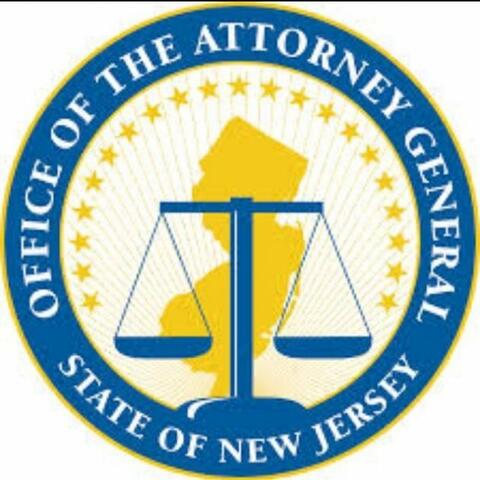A State Superior Court Judge has issued a judgment that orders the perpetrators of a Ponzi scheme to pay $8.6 million in full restitution for the benefit of defrauded elderly investors and $5.49 million in civil penalties.
Superior Court Judge Thomas M. Moore in Newark rendered a decision in favor of the Bureau of Securities granting its Motion for Summary Judgment and Final Judgment by Default against Michael William Kwasnik, Esq., a suspended New Jersey and Pennsylvania attorney now residing in Aventura, Florida; Joseph Michael Schifano of Brick, New Jersey, a former registered agent of a broker-dealer; and Daniel Francis McCorry, formerly from Ventnor, New Jersey now residing in Florida, also a former registered agent of a broker-dealer.
The Court found that Kwasnik, Schifano and McCorry fraudulently offered and sold notes to 73 elderly investors on behalf of Cherry Hill, New Jersey-based Liberty State Financial Holdings Corporation (LSFHC) through its subsidiary, Liberty State Benefits of Pennsylvania, Inc. (LSBPA), that they falsely claimed to be “safe,” “secure,” and “guaranteed” to earn a 12% annual rate of return. Investors were also falsely told that funds raised by the sale of the three-year notes offered by LSBPA would be used to purchase life insurance policies and beneficial interests in Irrevocable Life Insurance Trusts.
In reality, investor funds were improperly used by defendants in a Ponzi scheme-like manner to pay existing investors with new investor funds and also transferred to Kwasnik and other defendants, members of Kwasnik’s family, and a law firm Kwasnik controlled. The State’s legal action was also filed against Kwasnik’s father, William Kwasnik, LSFHC and LSBPA, who previously settled the case against them.
“Elderly investors are increasingly the target of investment fraud due to the fact that they typically own tangible assets and pensions that are attractive to con artists,” Acting Attorney General John J. Hoffman said. “All investors, and especially senior citizens who have built up their assets over time, must be extremely cautious when being offered investments that sound too good to be true.”
Defendants Kwasnik, Schifano and McCorry are jointly responsible for paying the $8.6 million in restitution, plus individual civil penalties as noted below:
Kwasnik, former Corporate Counsel to LSFHC and LSBPA, and former Chairman of the Board of Directors of LSFHC (under its prior name), $3.65 million;
Schifano, $920,000; and
McCorry, $920,000.
Schifano and McCorry were both disciplined by the Bureau in 2005, under a securities enforcement action unrelated to the present case.
The Court found that the defendants exploited the trust established through previous business and/or legal relationships. Among other things, the Court held that Kwasnik, an attorney, took advantage of his client relationships to sell them the fraudulent notes and improperly used his power as a legal trustee to purchase notes on behalf of trusts.
While seniors currently make up approximately 20% of the New Jersey population, they account for nearly one-third of investment fraud victims – a percentage that is likely understated given the hesitancy of many seniors to report investment fraud, noted Laura H. Posner, Chief of the Bureau of Securities.
On August 26, 2015, Kwasnik pled guilty to two counts of securities fraud in Delaware in a case with similar facts. As part of his plea agreement, Kwasnik was ordered to pay more than $300,000 in restitution to investors. Previously, on January 29, 2013, Kwasnik pled guilty to second- and third-degree counts of money laundering in New Jersey. Kwasnik was ordered under his plea agreement to pay full restitution to the victims, including the estate of a deceased victim, totaling about $1.2 million.
